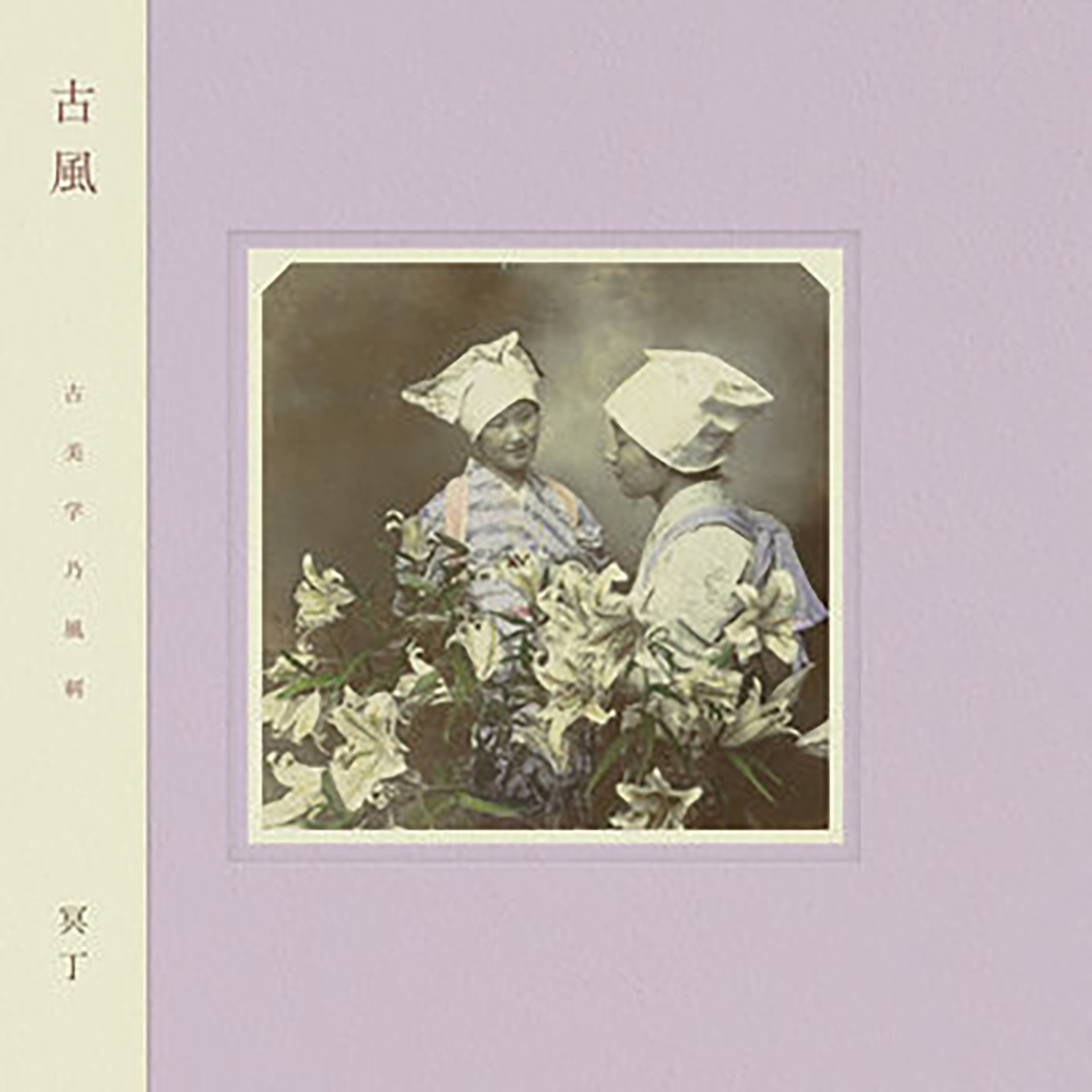
Over the last few years, Daisuke Fujita's Meitei project has carved out an intriguing and hard-to-describe niche that brings together several seemingly disparate threads I never expected to see intertwined. The vision at the heart of the project is an attempt to recreate what Fujita calls the Lost Japanese Mood, which makes his work a conceptual kindred spirit to The Caretaker. Meitei can be considerably more eclectic and inventive than that comparison would suggest, however, as there is a subtle sense of playfulness that approximates chopped, screwed, and deconstructed exotica even when the ostensible subject matter is something creepy like Japanese ghost stories.
KITCHEN
Before now, Meitei's work has primarily lingered in fairly "ambient" territory, crafting surreal soundscapes of hazy, crackling loops and enigmatic snatches of dialogue. This latest release, on the other hand, captures Meitei in unexpectedly rhythmic and melodic form and marks a truly revelatory leap forward. It is tempting to describe Kofu as Meitei’s “party album,” as the best moments call to mind the delirious fun of Carl Stone’s recent pop music collages, but there are a lot of haunted, phantasmagoric, and mysterious interludes that would make it one very unsettling party. Both sides of Meitei’s vision have their share of highlights though, as the warbling, hiss-soaked beauty of "Manyo" is every bit as compelling as the propulsive, rapturous left-field beat tape fare of the two-part "Oiran." A handful of pieces feel a bit too incidental to leave a deep impression of their own, but I certainly have no qualms with the eerie, dreamlike spell that they help conjure. If Kofu offered only that, it would still be an appealingly immersive and unusual album, but the most inspired pieces elevate it into something truly sublime and memorable.
Samples can be found here.
Read More

